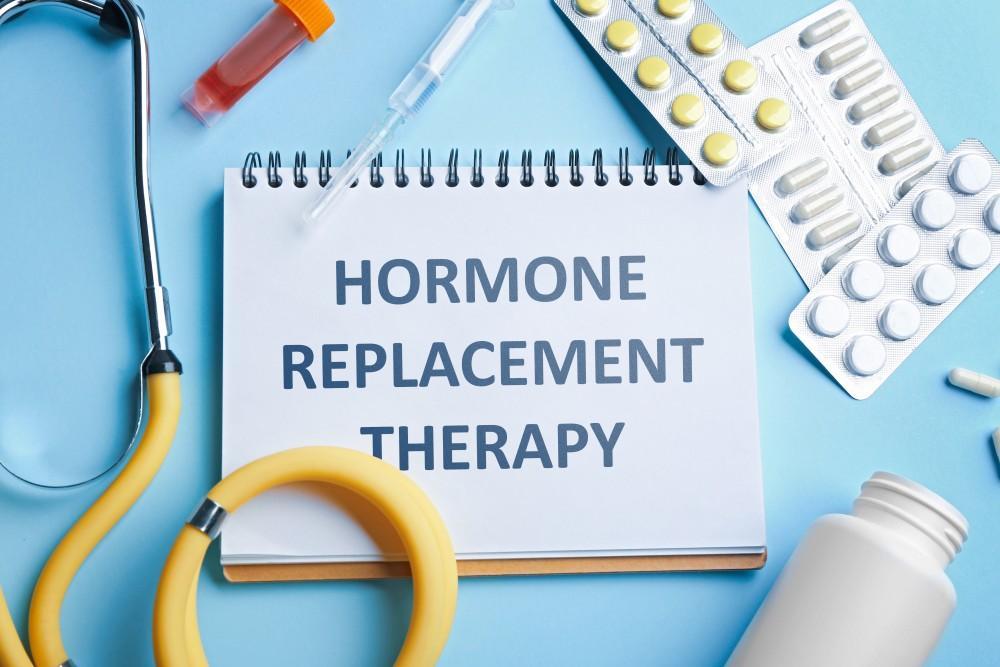Aging is a natural process that brings unique experiences, challenges, and changes to our bodies. While some changes are welcomed, others, such as hormonal shifts, can affect energy levels, mood, and overall quality of life. Hormone Replacement Therapy (HRT) is one option that individuals may explore to help manage these shifts.
What Is Hormone Replacement Therapy?
Hormone Replacement Therapy involves supplementing the body with hormones to address low or fluctuating levels. While most commonly associated with managing symptoms of menopause in women, HRT can also cater to men experiencing a decline in testosterone, often termed “andropause.” By addressing hormonal imbalances, HRT may help improve sleep quality, mood regulation, and physical stamina.
HRT typically involves administering hormones such as estrogen, progesterone, or testosterone. Delivery methods vary, including oral medications, patches, creams, gels, and injectables. These options allow physicians to tailor treatments based on individual needs, preferences, and health history.
It is not a “one-size-fits-all” solution. Treatments are often personalized, meaning the type, dosage, and method of hormone delivery may differ from person to person. Consulting a specialist helps to determine which approach fits best.
What is the Role of HRT in Age Management?
Navigating the aging process gracefully often involves addressing physical and mental health factors. Hormonal changes can contribute to a range of age-related concerns, from decreased bone density to shifts in emotional well-being. This is where HRT may play a helpful role in age management.
Some individuals experiencing symptoms like low energy, night sweats, irritability, or loss of muscle mass find that HRT helps them feel more balanced and capable in their day-to-day lives. Addressing hormonal fluctuations may aid in maintaining skin elasticity and improving sleep patterns, which are often linked to overall life satisfaction.
Another key benefit lies in mood stabilization. Hormones influence emotional health, and fluctuations may lead to irritability or feeling “out of sync.” For those experiencing such shifts, HRT might serve as a useful tool in creating stability.
It’s fundamental to approach HRT through a holistic health strategy. Staying active, eating nutritious foods, and managing stress are complementary practices that often enhance the effects of any hormone-focused therapy.
What Specialists Offer HRT?
The decision to explore hormone replacement therapy should not be taken lightly. Seeking guidance from the right specialist is key to making an informed choice. Reputable providers include endocrinologists, gynecologists, or healthcare professionals specializing in age management or integrative medicine.
Specialists typically review a patient’s medical history, lifestyle, and symptoms during an initial consultation. Advanced diagnostic tools, such as blood work or hormonal testing, may be used to provide insights before crafting a tailored approach. When engaging a specialist, asking questions about their experience with HRT, potential risks, and long-term care protocols is helpful.
Changes in hormone levels can occur naturally over time. Knowing when to reach out for support often depends on the severity and impact of symptoms on daily living.
Aging with Ease
Hormone Replacement Therapy can play a helpful role in addressing some of the challenges associated with changing hormones. It may be an invaluable tool for some, from enhancing energy levels to fostering emotional balance. If you’re contemplating whether HRT is right for you, contacting a qualified specialist can provide clarity and help you address your needs as you age.









